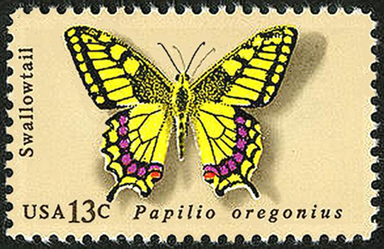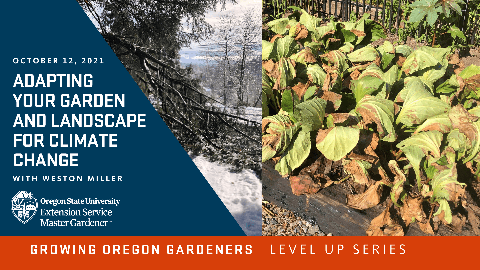Garden News October 2021

Beware of toxic pesticides!
By Margie Lachman
A company that I had signed up with to spray for ants—because I was told they used Permethrin, an acceptable product for organic use—used a neonicotinoid spray on my garden in June. I was not told that they had switched to this neonicotinoid substance. Permethrin is an insecticide that acts like natural extract from chrysanthemum flowers called pyrethrum. I have not used anything but organic substances for decades, and no new cleaners or chemicals inside.
When my dog came in from the garden the day after the spraying and could hardly walk, I suspected a reaction to the spray used outside the afternoon before. She became so weak an hour later my neighbor had to carry her to my car, and I took her to the emergency veterinary hospital. The vet told me she was covered with hives!

She recovered, fortunately, but I have noticed hardly any insects—especially bees and butterflies—in my garden for four months. I looked for information about the Dinotefuran spray and read that it is very toxic especially to bees. It is a systemic insecticide that affects caterpillars and other insects and lingers in the soil for a year or more. This new class of insecticides called neonicotinoids are made from nicotine and are cheap to make.
The bees are in trouble, and we must do what we can to protect them. I urge you not to use any of these chemicals in your garden! There are safer controls available that don’t harm the bees and us.
My lavender plant in the front garden is normally covered with dozens of honeybees and bumblebees, but this year I only observed a few on the flowers. My butterfly bush in the back is visited by butterflies, especially the Oregon swallowtail, all summer. Not this summer. I am home all the time healing a broken arm and have seen only one or two swallowtails all summer. My hope is they will be back next year.
Questions? Email me at margierose2@gmail.com or leave a message at 503-645-2994.
Master Gardeners: Adapting Your Garden and Landscape for Climate Change
Tuesday, October 12, 3-4 pm, online, free, register here.
Extreme weather events in 2021 have included a damaging ice and windstorm, and most recently, a record-breaking heatwave. These events have hit Pacific Northwest gardeners and landscapers hard. We are accustomed to a Mediterranean climate with mild, wet winters and warm, dry summers. With climate change, we can expect more variability in our weather with more frequent and intense weather events. How are these extreme events affecting your plants? Learn strategies to adapt gardens and landscapes to these new conditions.
About the presenter: Weston Miller is a community and urban horticulturalist for OSU Extension Service. He manages the OSU Master Gardener program in the Portland metro area and works with Metro to reduce residential pesticide use. He also manages the Beginning Urban Farmer Apprenticeship Program in cooperation with Multnomah County.






